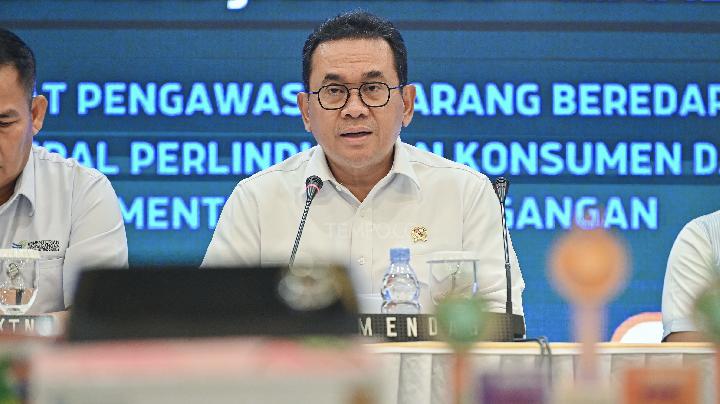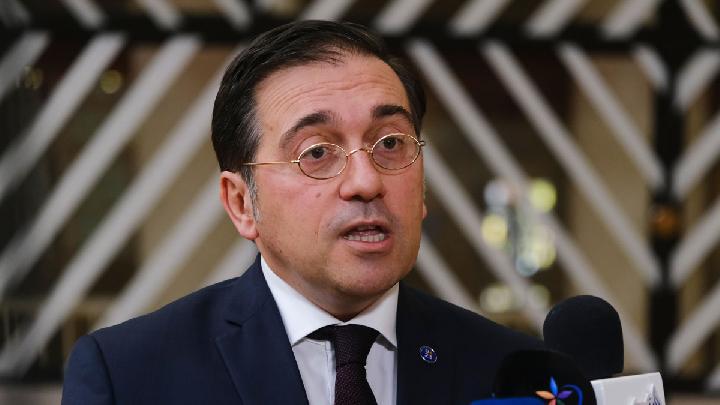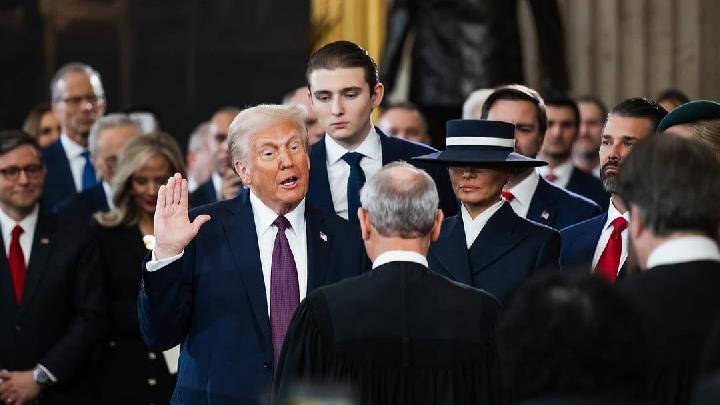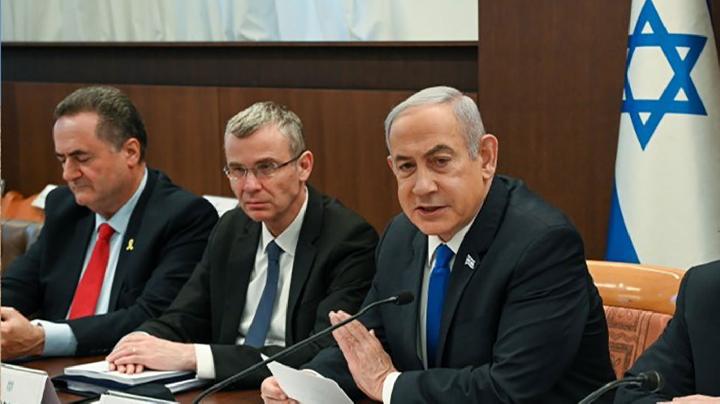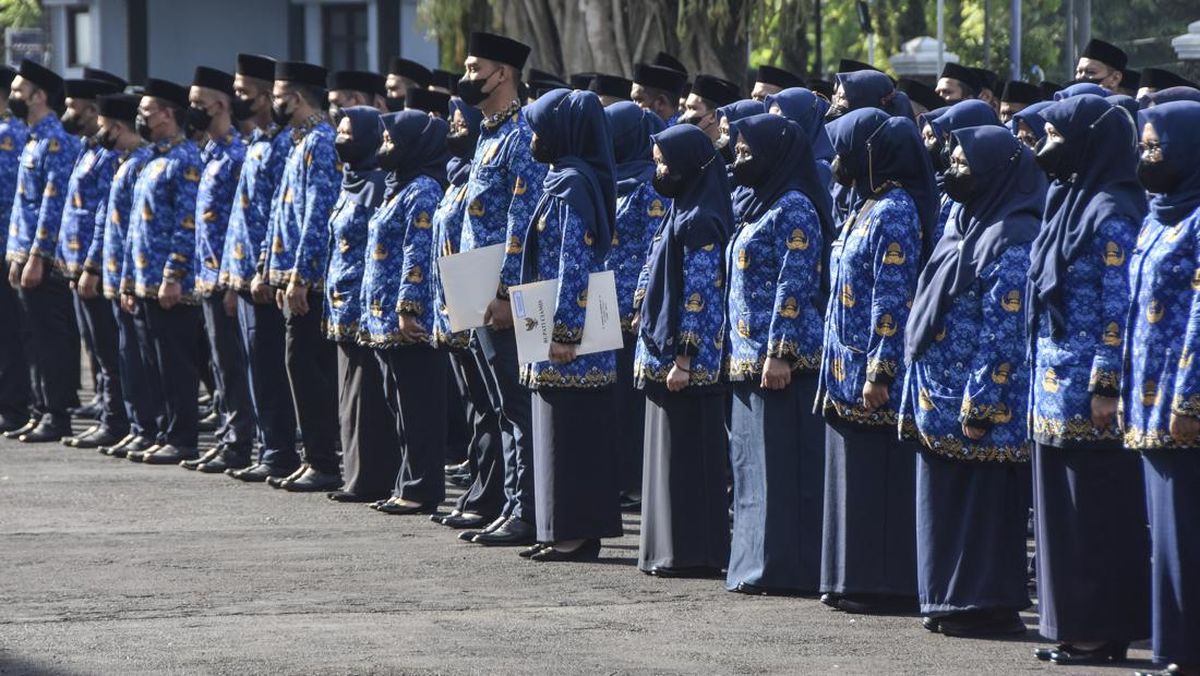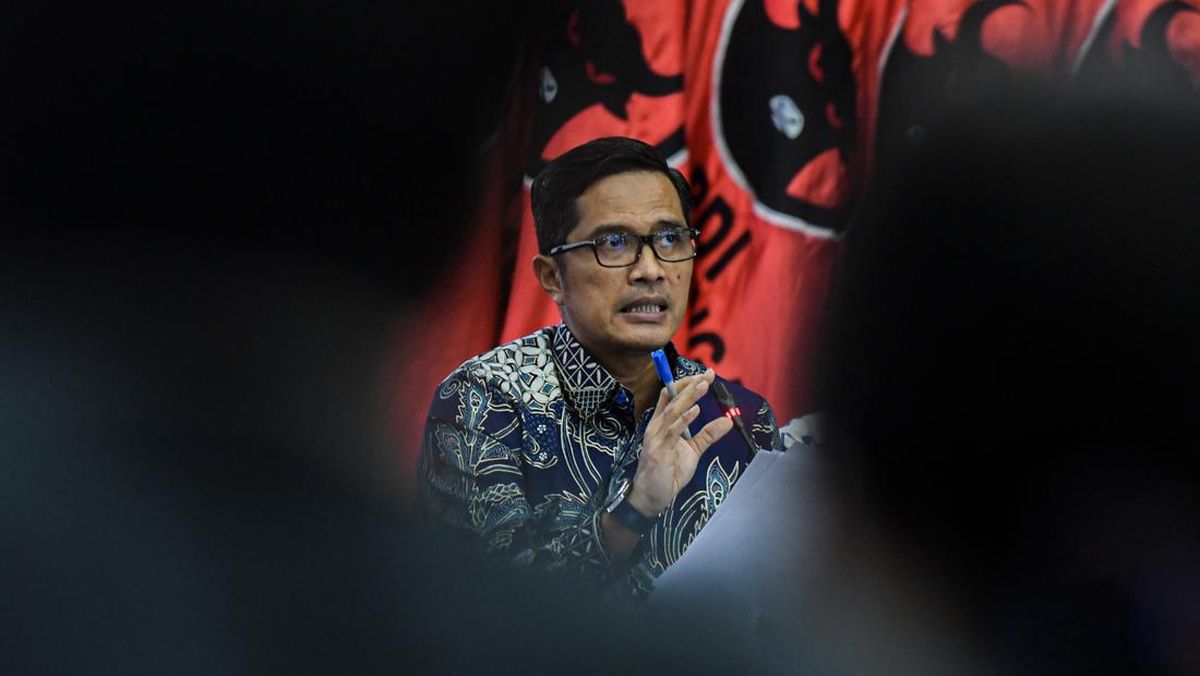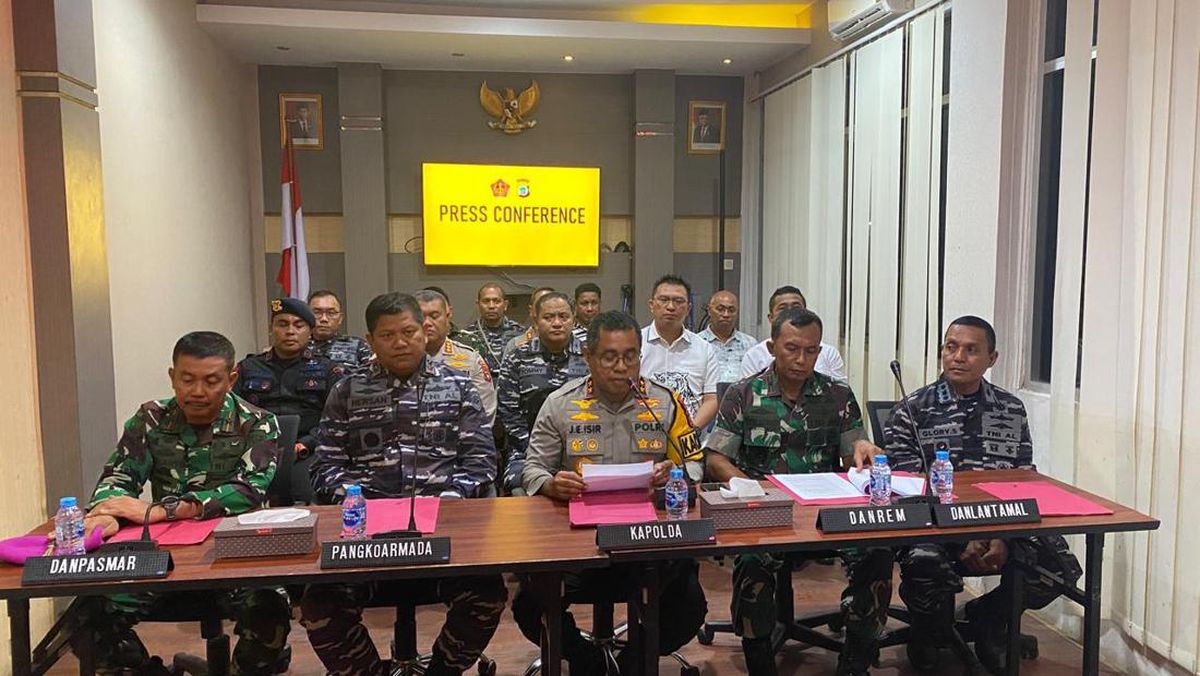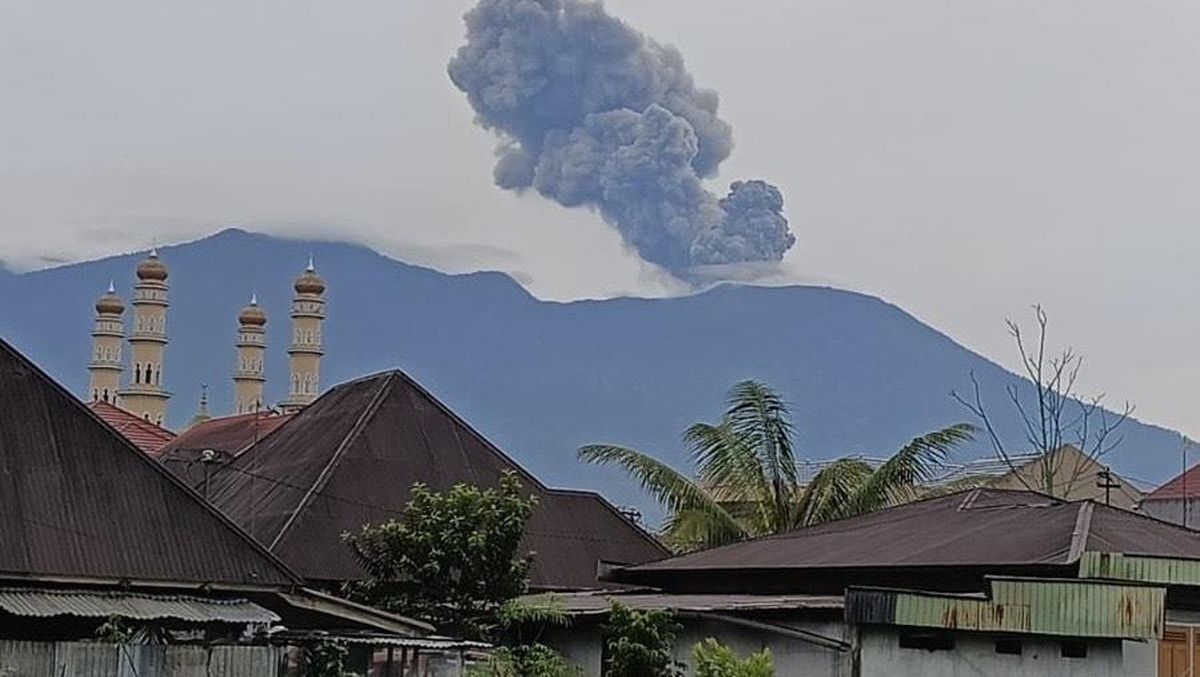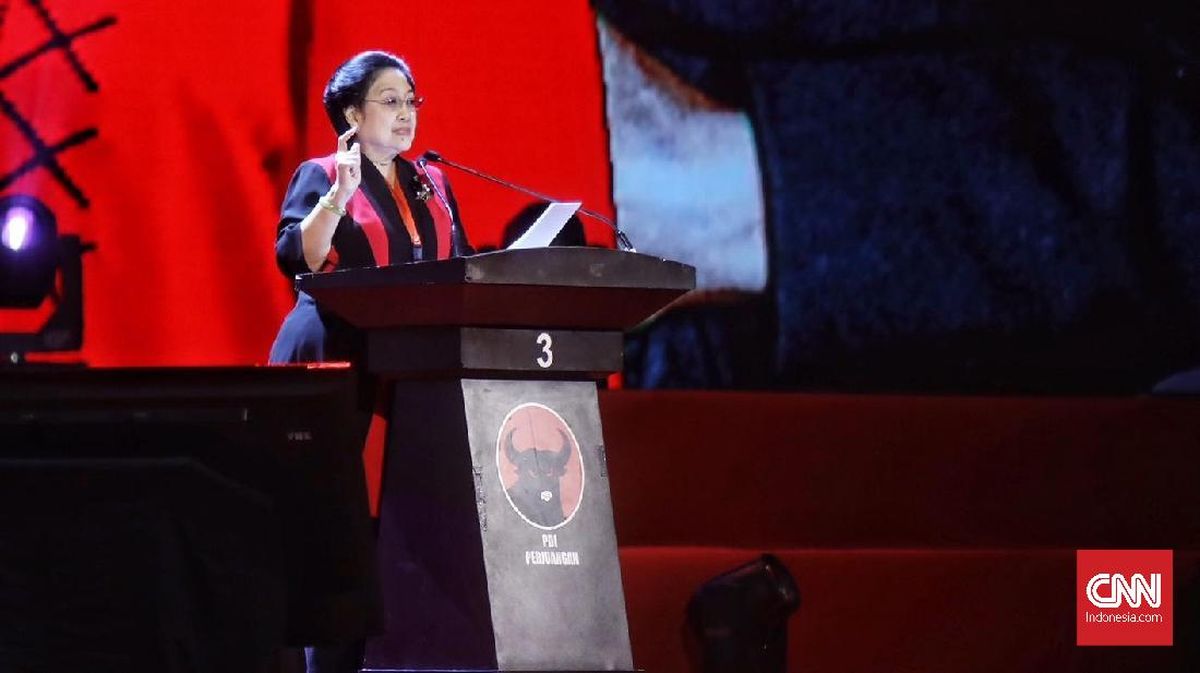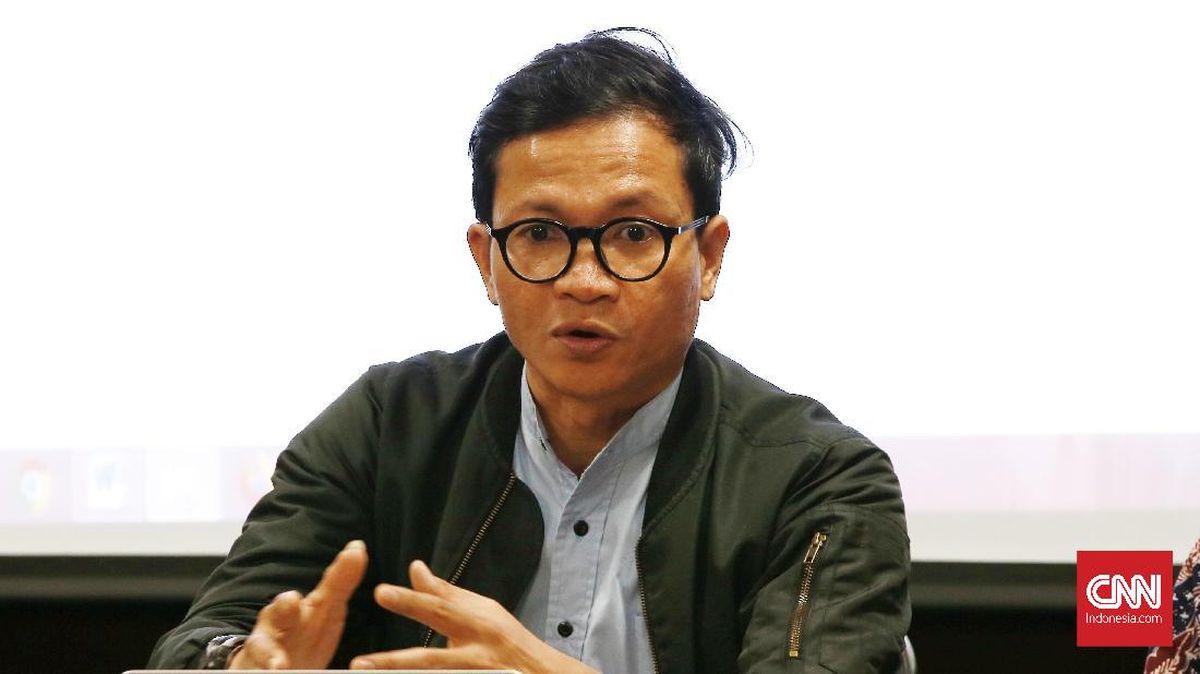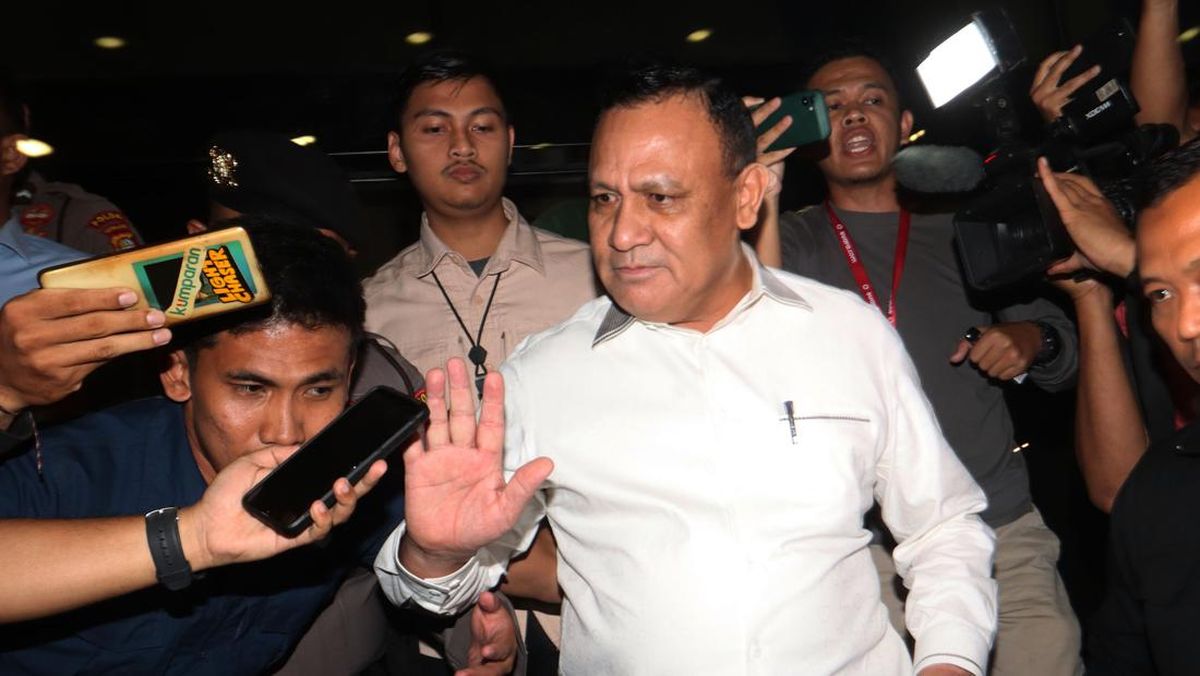
LECTURERS and researchers from the Islamic University of Indonesia (UII), Listya Endang Artiani, stated that countries around the world are engaging in a movement towards de-dollarization in response to the trade war initiated by the United States, or the US. The superpower has been noted as a tough, pragmatic negotiator as high import tariffs are imposed by US President Donald Trump.
"When Trump increases tariffs or the Federal Reserve raises interest rates, the effects spread to exchange rates, inflation, and capital flows in developing countries - including Indonesia," Listya said in a written statement received by Tempo, on Tuesday, May 20, 2025.
According to Listya, initially, many viewed such policies as mere trade negotiation tactics. At that time, tariffs were seen as a pressure tool to renegotiate trade agreements deemed detrimental to the US. This unusual protectionist move in the global free trade order realizes Trump's campaign slogan, America First.
Since the end of World War II, Listya said, the US has emerged as the main architect of the modern international order based on multilateral institutions and global rules. The US even led the formation of the UN, Bretton Woods Institutions (IMF, World Bank), and WTO, and played a major role in establishing a collective security system through NATO.
However, the Trump administration marks a turning point in this narrative. In a short period, the US withdrew from the Trans-Pacific Partnership (TPP), rejected the Paris Agreement on climate, and even jeopardized its role in NATO by calling it a financial burden. The America First approach replaced the spirit of global collectiveness.
"And the US began to behave as a transactional actor that prioritizes short-term gains over long-term commitments to the world order," she said.
Dependency on the Dollar and the Direction of De-dollarization
According to Listya, one of the main pillars of US power in the international system is the dominance of the dollar as a global currency. More than 85 percent of global trade transactions use the dollar, and around 59 percent of global foreign exchange reserves are held in this currency. The dollar also serves as the main transaction tool in setting prices for strategic commodities such as oil, gas, and gold.
"This dominance gives the US significant geopolitical advantage, including the ability to impose cross-border financial sanctions and finance its fiscal deficits without significant exchange rate pressure," said the lecturer at the Faculty of Business and Economics at UII, Yogyakarta.
However, she said, excessive dominance also creates vulnerable global structural dependence. Every time there is a political crisis or aggressive US policy, other countries can be impacted systemically, even when they are not directly involved in such policies.
It is in this context that the de-dollarization movement emerges. It is not an expression of anti-America, but a form of risk balancing and pursuit of monetary sovereignty. Countries such as China and Russia have long been promoting the use of local currencies in bilateral trade.
China has developed its own international payment system (CIPS) as an alternative to SWIFT, while Russia has strengthened SPFS to avoid the influence of dollar sanctions. The BRICS+ (Brazil, Russia, India, China, and South Africa) group has even started discussing the creation of a joint commodity-based currency or a basket of currencies.
"In Southeast Asia, ASEAN is expanding the use of Local Currency Transaction (LCT) and cross-border payment connectivity such as inter-country QRIS. This initiative encourages deeper monetary integration and reduces external risk exposure from dollar fluctuations," she said.
This Economics Department lecturer at UII argues that these actions indicate that the world does not want a single hegemonic replacement for the dollar but is moving toward a more multipolar, fair, and balanced global monetary system. This system allows countries to be more resilient to external shocks and to regulate their monetary policies more autonomously.
Thus, Listya said that de-dollarization is not about rejecting the role of the US, but about building a new foundation for global monetary stability that is not vulnerable to unilateral decisions by one country. In a world that is increasingly connected but also increasingly divided, a monetary system based on principles of trust is needed.
"Openness is an urgent need for the future of a more sustainable international economy," she said.
Editor's Choice: Countries Dropping the Dollar: The Rise of De-Dollarization
Click here to get the latest news updates from Tempo on Google News
America's 10 Highest-Paying Industries in 2025: Path to Earn Big Salaries
13 jam lalu

The highest-paying industries always attract throngs of working professionals, especially during today's global financial crisis. See the list here.
Trump Reportedly Frustrated Over Gaza Crisis, Urges Israel to Reopen Border
14 jam lalu

President Trump expresses frustration over the ongoing crisis in Gaza and calls on Israel to reopen the border to aid the suffering Palestinians.
Moments and Reactions Over Trump-Syrian President Meeting
18 jam lalu

President Donald Trump met with Syrian President Ahmad al-Sharaa during his visit to Saudi Arabia after two decades
TSA Bans These 7 Items From Being Stored in Your Baggage
1 hari lalu

Here's the latest policy on items that are not allowed by US Transportation Security Administration (TSA) in checked baggage when traveling to the US.
Cost of Living in Australia vs the U.S.: A Guide for International Students
1 hari lalu

Explore a detailed comparison of the cost of living in Australia vs the U.S. before making any decision about your study abroad destination.
Putin Calls Trump for 2 Hours, Russia Ready for Ceasefire with Ukraine
1 hari lalu

Russian President Vladimir Putin and US President Donald Trump discussed ceasefire in Ukraine over a phone call.
Trump Cuts NASA Budget, US House Worries About Asteroid Strike
2 hari lalu

The US House Committee on Space, Science, and Technology has expressed concerns over President Donald Trump's plan to cut the budget for the National Aeronautics and Space Administration (NASA) by up to 24 percent.
Nvidia Plans to Expand Presence with R&D Center in Shanghai
2 hari lalu

American chip company, Nvidia, plans to build a research and development (R&D) center in Shanghai.
Trump Plans Calls with Zelensky and Putin to Discuss Ceasefire
3 hari lalu

U.S. President Donald Trump plans to call Zelensky and Putin to discuss the Russia-Ukraine war
Iranian Leaders Criticize Trump's Comments on Middle East Visit
3 hari lalu

The leaders of Iran, including Khamenei, criticize Trump's comments during his visit to the Middle East.




